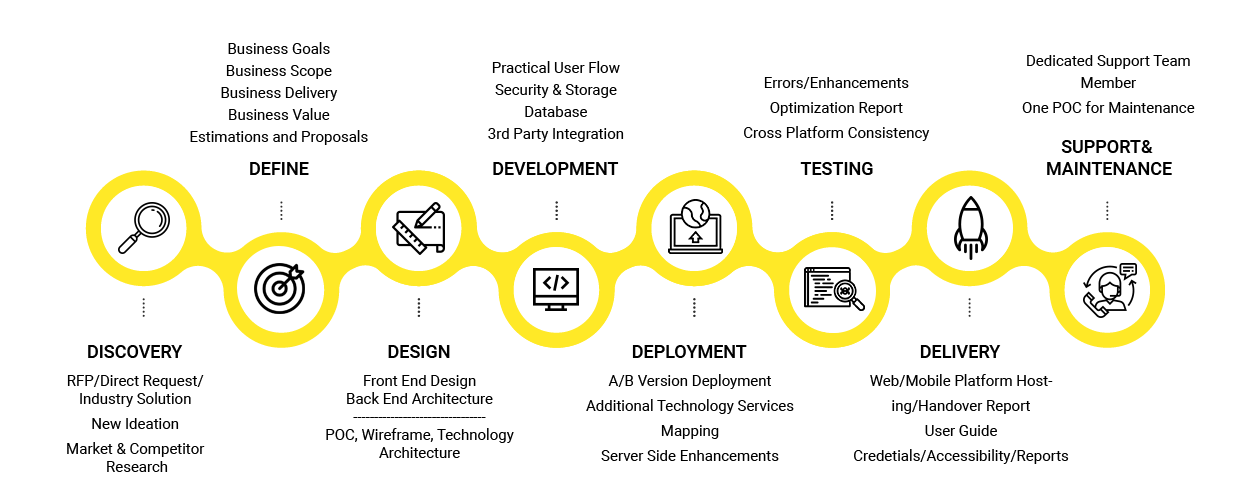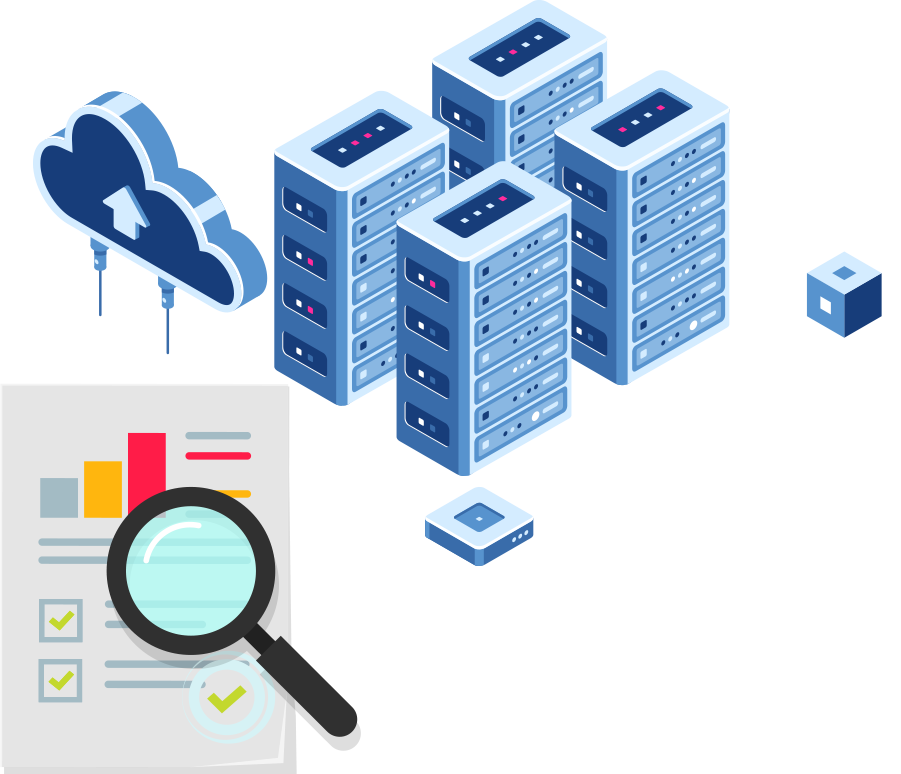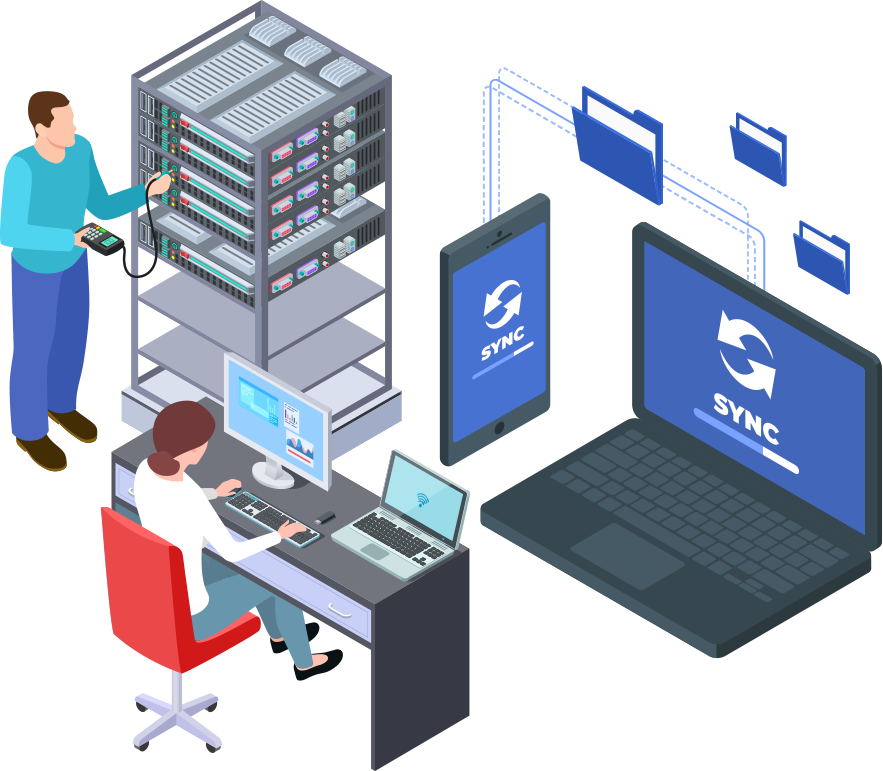Smart Meter Reading Case Study
Reliance is the largest producer of petrochemicals in the country and amongst the top ten in the world. With a unique portfolio of B2B businesses spread across polymer and polyester chains, Reliance produces an extensive range of polymers (PP,PE, PVC), elastomers (PBR, SBR, Butyl), polyesters (PSF, PFY, IDY), aromatics (PX, OX, BT, LAB), fiber-intermediates (PTA, MEG, EO) and advanced materials (composites). Reliance serves its global customers through an extensive network of offices, business partners, and distributors spread across the world.
Website: www.ril.com/index.aspx
Brand: Reliance Industries
Industry: Petrochemicals
Location: India
Core Platform Windows Mobile | Windows Desktop App
Programming Language: C# for Windows Mobile, C# for Windows desktop, SAP ABAP
Database: Oracle
Framework: Windows Mobile sync
Employee, Factory Workers
Internal Use
Challenges
- High incidences of misplacing manual data.
- Inconsistency in maintaining data
- Inability to capture data on a regular interval.
- Delay in capturing data and making decisions.
- Duplication of manual entry.
- To achieve the data synchronization through the windows sync framework which works with Cradel.
- There was a need for providing technical training to senior c# developers while developing the mobile app.
Strategic Approach
Although the requirements were challenging in those days, as the mobile application development was not documented sufficiently, resources were not available in mobile application development, and the technology was limited in terms of nature.
The client is a giant in the petrochemical industry, so the process of business analysis has a broad spectrum. Our journey began by identifying the functional and non-functional requirements of the client's business. To drive efficiency, we also interviewed the key stakeholders to arrive at the requirements more specifically. This helped us in gathering project requirements, understanding objectives, defining the scope of work, and validating with the client's thought for developing a Handheld application that can auto-sync data from PDA devices in early 2005.
Before the actual project started we collected the following documentation to ensure we are building the right application:
- RFP
- SOW
- Design documents
- Sample Data/Physical Printed Forms of process
- Hardware specification to use
- SAP and Oracle integration process/details
- Improve the accuracy of reading data from machinery
- Drive efficiency in its reading system
- Ensure safety and security in its various machines
- Read data from various machinery with 3 hours frequency.
- Eliminating human errors while punching the printed forms in the system.
- Develop a system where reading can be punched indirectly in the handheld device
- Auto syncing the reading to the system.

Project Development

PDA Developers
Windows Mobile Developers
Windows Developer
Backoffice Developers
API Developer
Quality Analyst
Project Manager
Designer
Business Analyst

Scope :
- Login
- Desktop App
- Shift management
- Area management
- Previously read values
- Sync through Cradle
- Machinery and parameter reading list
- Shift and area wise machinery reading list
Timeline : 4 Months

Project Highlights
Application Features
- Shift management
- Area management
- Shift and area wise machinery reading list
- Previously read values
- Sync through Cradle


Key Highlights
- Data synchronization
- Integration with SAP
- Integration with Oracle without direct access through a connection
Key Takeaways and Learnings

To achieve the data synchronization through windows, it was essential to sync a framework that works with Cradel.

Reduction in Time & Cost
Getting data on regular interval increase
Business Impact
- Saving time on reading machinery data by 20%
- Getting data on regular interval increase by 30%
- Instant data retrieval
- Zero chances of missing any data to capture during monitoring
